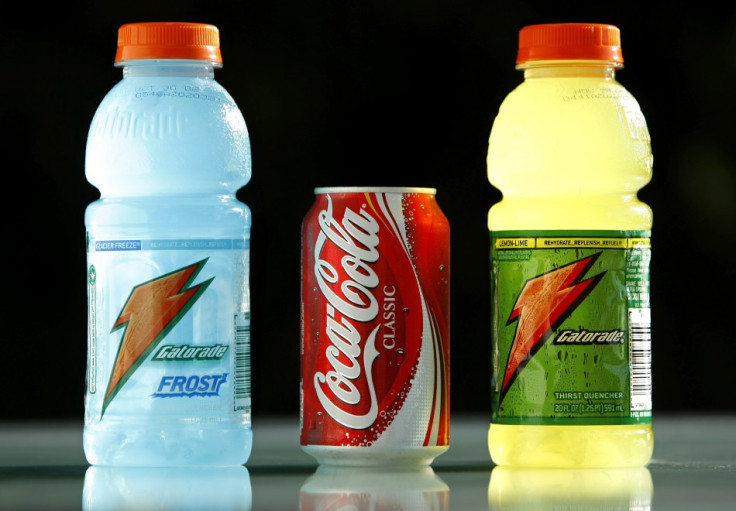Energy Drinks Loaded With Caffeine Can Be Dangerous for Young Children, Says Study

Energy drinks can lead to cardiac and neurological problems, besides poisoning, in children below six years, says a new study presented at the American Heart Association's Scientific Sessions 2014.
Of the 5,156 reported cases of energy drink exposure, cardiovascular effects were reported in 57% of cases, and neurological effects in 55%.
Seizures, irregular heart rhythms or dangerously high blood pressure were among the symptoms reported.
Almost 40% were unintentional exposures with young children helping themselves to something in the fridge.
Moderate to major outcomes were reported in 42% of cases involving energy drinks that had been mixed with ethanol (alcohol) and in 19% of non-alcohol-containing energy drinks.
More side effects were seen when energy drinks with multiple caffeine sources were used.
Where a cup of coffee contains around 100-150 mg caffeine, some energy drinks contain up to 400 mg in a can, says Steven Lipshultz, MD, the study's senior author and professor and chair of pediatrics at Wayne State University and pediatrician-in-chief at Children's Hospital of Michigan in Detroit.
Caffeine poisoning sets in above 400 mg in adults, 100 mg in adolescents and at 2.5 mg per kg of body weight in children below 12.
The researchers arrived at the conclusion after analysing records from the last three years of the American Association of Poison Control Centers' National Poison Data System. It contains information calls about energy exposures from the public and healthcare providers to 55 poison control centres in the United States.
Energy drinks often tout the energy-boosting effects of a mix of other ingredients, ranging from taurine and l-carnitine, naturally occurring amino acids, to ginseng but none of these ingredients boost attention any more than a cup of coffee, says NBC News.
The individual effects of the components cannot be discerned, says Lipshultz.
Health drinks have been on the risks radar since some time with studies showing their effect on the heart. The latest study highlights the risks for young children exposed to these.
© Copyright IBTimes 2025. All rights reserved.





















